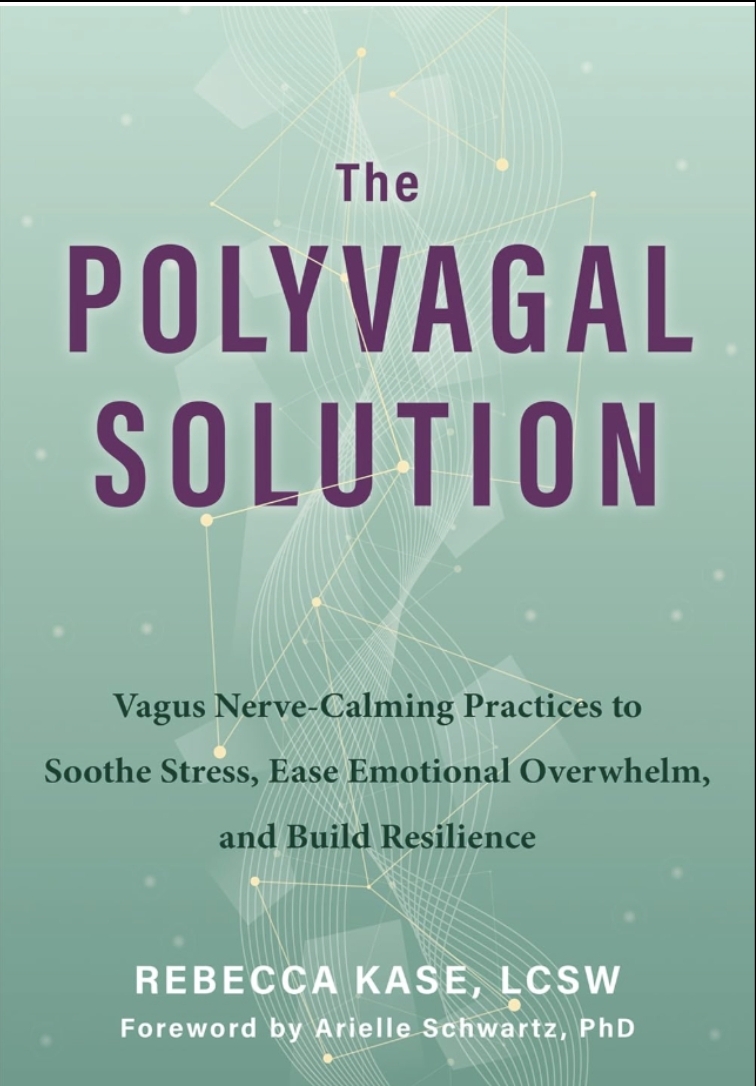Lifestyle
How to Measure Financial Well-Being (and Why It’s Worth It)

One of the most challenging aspects of managing money is figuring out where you stand financially. After all, there’s nobody looking over your shoulder telling you whether the decisions you make are right or wrong. It helps to first have a framework for measuring your financial well-being — sort of like a report card.
The point of measuring your financial well-being against benchmarks is to help you get a sense of where you stand — and what actions you could take to bring yourself closer to your goals.
Here’s more on how to evaluate your financial standing and why it’s worth it to do so periodically.
Try the Consumer Financial Protection Bureau Well-Being Scale
The CFPB has actually developed a scale to help consumers assess their financial situations. Users answer sets of questions to determine where they fall on the scale, then add up the point values of their responses to get an overall “financial well-being score.” Users can then compare their scores to U.S. averages, as well as access resources on common topics — like tracking expenses, dealing with debt, saving and investing.
From these questions we begin to see some of the categories that define financial well-being, like:
- The ability to cover a large unanticipated expense without going into debt.
- Having money left over at the end of the month.
- The degree to which finances control your life and choices.
- Having room in your budget to cover variable expenses (like gifts for special occasions).
- Staying on top of bills and financial decisions rather than falling behind.
- Planning for the future, as well as managing money in the present.
If you’re short on time, you can fill out an abbreviated version of this scale to get a general feel for where you stand. If you’d like to take a more in-depth look, there’s a standard version with more questions.
According to the CFPB, financial well-being encompasses:
Net Worth: A Broad Look at Financial Well-Being
Perhaps the quickest and most straightforward way to evaluate financial well-being at a glance is calculating your net worth.
1. Tally up the value of your assets — like savings accounts, investments, vehicles, etc.
2. Tally up the total amount of your liabilities — like credit cards, mortgages, other loans, etc.
3. Subtract the liabilities from the assets.
These days, you can even plug these values into a simple net worth calculator rather than doing the math by hand.
Improving Your Financial Well-Being
It can be quite frustrating to find your financial well-being currently falls short of where you’d like it to be. However, getting an honest feel for where you stand today is the first step toward attaining your ideal financial future; it will help you set realistic goals and measure your progress.
Here’s an example: Many people exist in debt denial. They know they owe money, but avoid sitting down and looking at exactly how much — let alone planning how to repay it. Assessing their financial well-being could be the push they need to finally take an honest look at their budget and debts. After figuring out where they stand, someone in this situation may decide to speak with a credit counselor who then helps them get enrolled in debt relief management. Under a debt management plan (DMP), the person is able to consolidate their debts through the agency and pay what they owe over the course of three to five years at reduced interest.
According to Michigan State University, there are four general behaviors which support financial well-being:
- Living within your means by actively managing your money.
- Conducting research and gaining knowledge about financial decisions.
- Setting realistic goals and planning for the future.
- Following through on all three aforementioned behaviors over time.
Measuring financial well-being means checking in across various aspects of money management, which is why it’s a good practice for anyone and everyone. Only by understanding where you stand today can you set goals and make effective decisions for tomorrow.
Lifestyle
The Missing Piece in Self-Help? Why This Book is Changing the Wellness Game

Self-help shelves are full of advice — some of it helpful, some of it recycled, and most of it focused on “mindset.” But Rebecca Kase, LCSW and founder of the Trauma Therapist Institute, is offering something different: a science-backed, body-first approach that explains why so many people feel struck, overwhelmed, or burned out — and what they can actually do about it.
A seasoned therapist and business leader, Kase has spent nearly two decades teaching others how to navigate life through the lens of the nervous system. Her newest book, “The Polyvagal Solution,” set to release in May 2025, aims to shake up the wellness space by shifting the focus away from willpower and onto biology. If success has felt out of reach — or if healing has always seemed like a vague concept — this book may be the missing link.
A new way to understand stress and healing
At the heart of Kase’s approach is polyvagal theory, a neuroscience-based framework that helps explain how our bodies respond to safety and threat. Developed by Dr. Stephen Porges, polyvagal theory has transformed the way many therapists understand trauma, but Kase is bringing this knowledge to a much wider audience.
“The body always tells the truth,” Kase says. “If you’re anxious, exhausted, or always in overdrive, your nervous system is asking for support, not more discipline.”
“The Polyvagal Solution” makes this complex theory digestible and actionable. Instead of promising quick fixes, Kase offers strategies for regulating the nervous system over time, including breathwork, movement, boundaries, and daily practices that better align with how the human body functions. It’s less about pushing through discomfort and more about learning to tune in to what the body needs.
From clinical expertise to business insight
What sets Kase apart isn’t just her deep understanding of trauma but how she blends that knowledge with real-world experience as a business owner and leader. As the founder of the Trauma Therapist Institute, she scaled her work into a thriving company, all while staying rooted in the values she teaches.
Kase has coached therapists, executives, and entrepreneurs who struggle with burnout, anxiety, or feeling disconnected from their work. Regardless of who she works with, though, her message remains consistent: the problem isn’t always mindset — it’s often regulation.
“Success that drains you isn’t success. It’s survival mode in disguise,” Kase explains. Her coaching programs go beyond traditional leadership training by teaching high achievers how to calm their nervous systems, enabling them to lead from a grounded place, not just grit.
Making the science personal
For all her clinical knowledge, Kase keeps things human. Her work doesn’t sound like a lecture but rather like a conversation with someone who gets it. That’s because she’s been through it herself: the long hours as a therapist, the emotional toll of supporting others, the realities of building a business while managing her own well-being.
That lived experience informs everything she does. Whether she’s speaking on stage, running a retreat, or sharing an anecdote on her podcast, Kase has a way of weaving humor and honesty into even the heaviest topics. Her ability to balance evidence-based practice with practical advice is part of what makes her voice so compelling.
Kase’s previous book, “Polyvagal-Informed EMDR,” earned respect from clinicians across the country. But “The Polyvagal Solution” reaches beyond the therapy community to anyone ready to understand how their body is shaping their behavior and how to create real, sustainable change.
Why this message matters
We’re in a moment where burnout is common and overwhelm feels normal. People are looking for answers, but many of the tools out there don’t address the deeper cause of those feelings.
That’s where Kase’s work lands differently. Instead of telling people to “think positive” or “try harder,” she teaches them how to regulate their own biology. And in doing so, she opens the door for deeper connection, better decision-making, and more energy for the things that matter.
As more workplaces begin to embrace trauma-informed leadership, more individuals are seeking solutions that go beyond talk therapy and motivational content. Kase meets that need with clarity, compassion, and a toolkit rooted in both science and humanity.
A grounded approach to lasting change
What makes “The Polyvagal Solution” stand out is its realism. It doesn’t ask readers to overhaul their lives but instead asks them to listen — to pay attention to how their bodies feel, how their stress patterns manifest, and how even small shifts in awareness can lead to significant results over time. Whether you’re a therapist, a team leader, or someone trying to feel more at ease in your own skin, this book offers a way forward that feels both grounded and achievable.
Rebecca Kase isn’t just adding another title to the self-help genre. She’s redefining it by reminding us that we don’t have to muscle our way through life. We just have to learn how to work with, not against, ourselves.
And maybe that’s the real game-changer we’ve been waiting for.
-

 Tech4 years ago
Tech4 years agoEffuel Reviews (2021) – Effuel ECO OBD2 Saves Fuel, and Reduce Gas Cost? Effuel Customer Reviews
-

 Tech6 years ago
Tech6 years agoBosch Power Tools India Launches ‘Cordless Matlab Bosch’ Campaign to Demonstrate the Power of Cordless
-

 Lifestyle6 years ago
Lifestyle6 years agoCatholic Cases App brings Church’s Moral Teachings to Androids and iPhones
-

 Lifestyle4 years ago
Lifestyle4 years agoEast Side Hype x Billionaire Boys Club. Hottest New Streetwear Releases in Utah.
-

 Tech7 years ago
Tech7 years agoCloud Buyers & Investors to Profit in the Future
-

 Lifestyle5 years ago
Lifestyle5 years agoThe Midas of Cosmetic Dermatology: Dr. Simon Ourian
-

 Health6 years ago
Health6 years agoCBDistillery Review: Is it a scam?
-

 Entertainment6 years ago
Entertainment6 years agoAvengers Endgame now Available on 123Movies for Download & Streaming for Free
